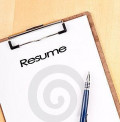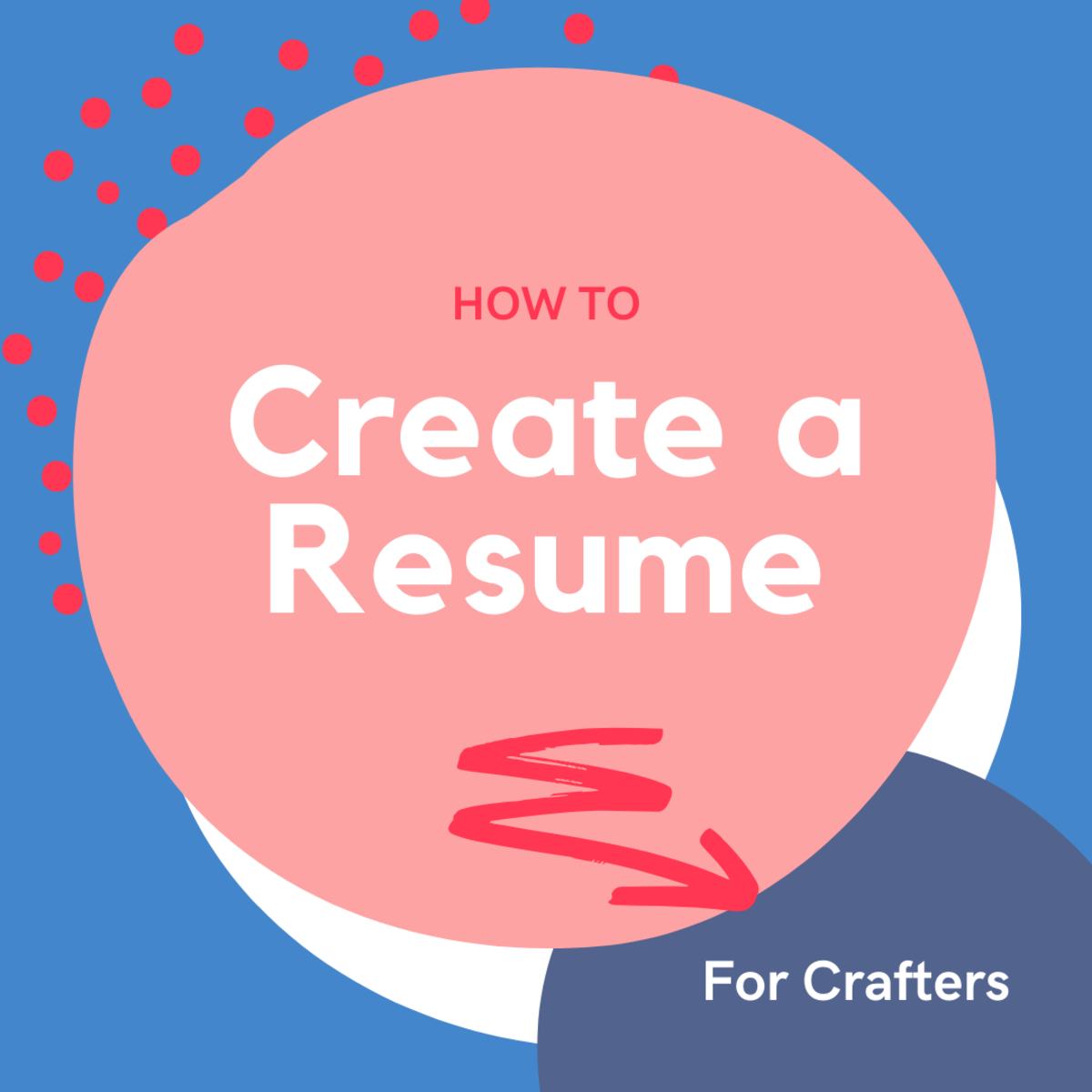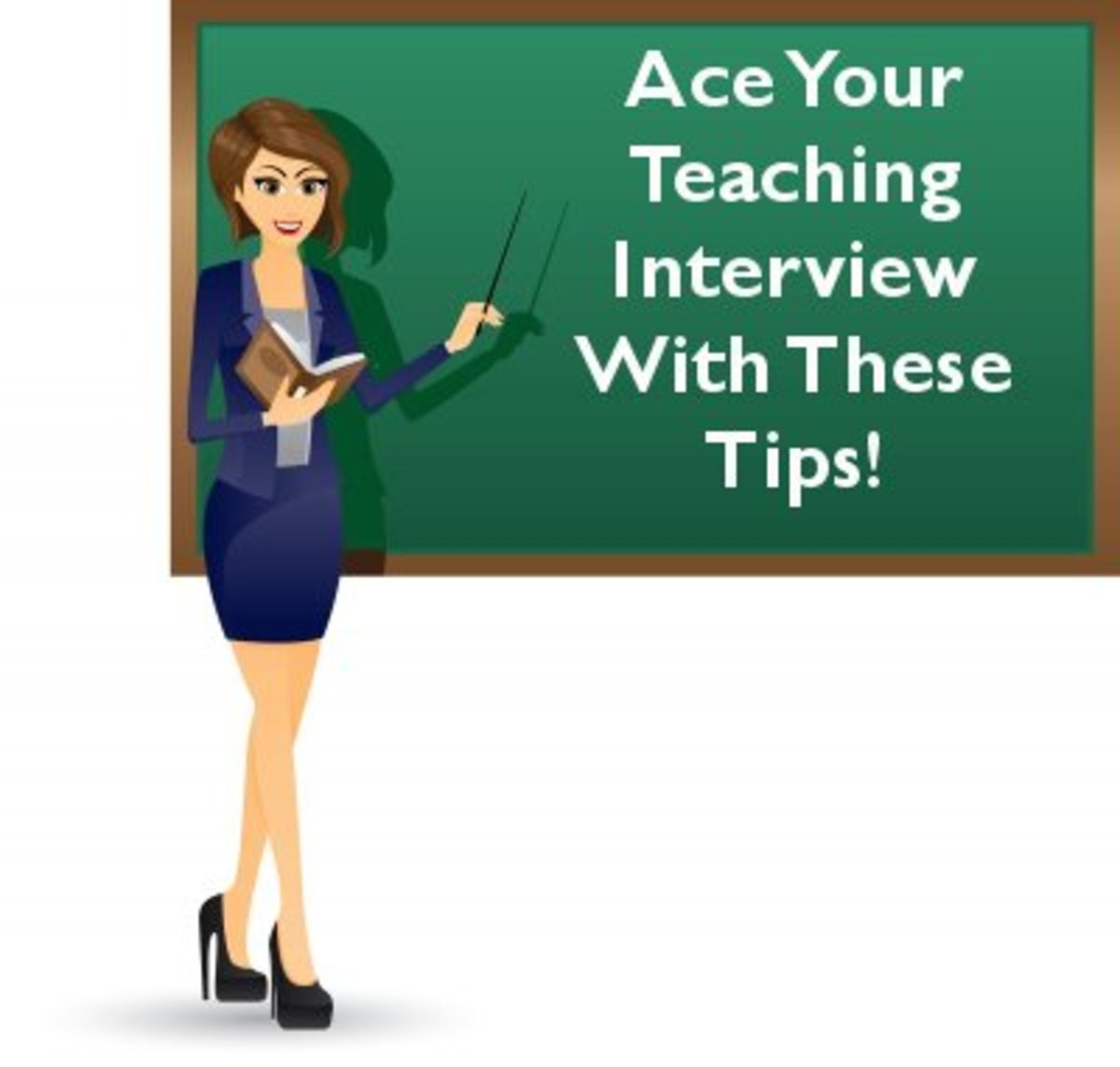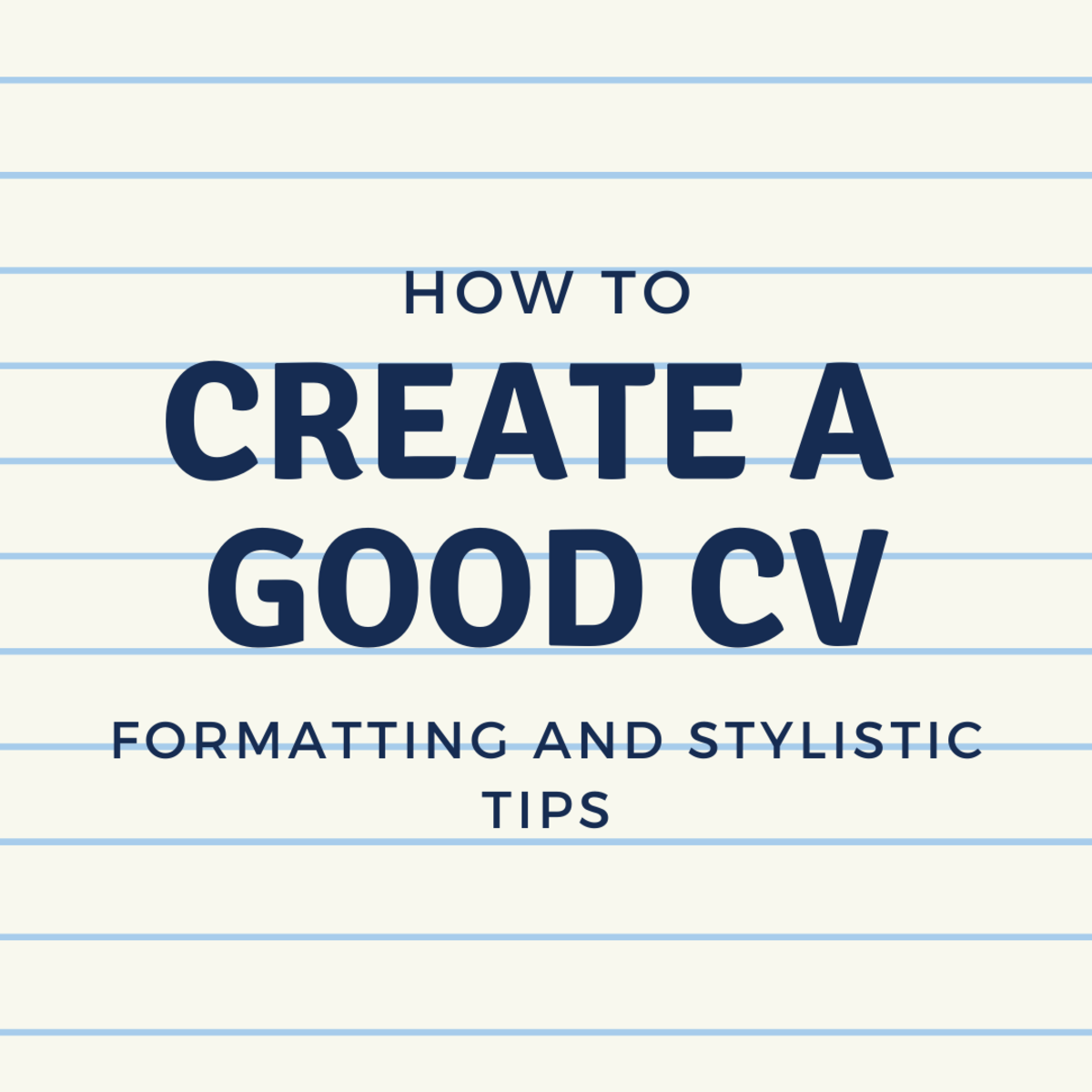Writing a Winning Resume

Resume or CV?
First off. It's important to establish what a resume is versus something like a CV. Many people think that they're the same thing or mix them up.
A resume is like a snapshot of your skills and experience relevant to a particular job you're applying for. It's best to keep a resume to one page and pull out any unnecessary information.
A CV (short for curriculum vitae) is a more extensive and comprehensive list of your work and education experience. It typically takes two to three pages rather than one. CVs are usually for medical, scientific, research, or education jobs--jobs where you actually needed the degree you got in order to work in that field.
There are also used almost exclusively for international jobs. Employers from most countries outside the U.S. will ask for a C.V. rather than a resume.
The Basics
What To Include
- A SHORT Summary (if you really want to). But it's unnecessary.
- RELEVANT Work Experience: name of the employer, your job title, dates employed there, and what you did there.
- Education: Include universities, degrees, and possibly honors.
- Languages Spoken.
What NOT to Include
- Relevant College Coursework. If you're just getting started in the workforce, i'm sorry to have to be the one to break this to you, but College DOES NOT QUALIFY YOU FOR THE JOB. Many jobs require a college education, but as the bare minimum so that they know you had the brains and discipline to graduate. Employers do not consider your coursework to have prepared you for real life work--and rightly so. So don't be that person.
- Personal details or interests that are irrelevant like hobbies, religious affiliations, political or social views, etc. Not only do the employers not care, they prefer not to employ someone who is outspoken in these areas. It just causes HR problems.
- A picture of yourself. Just don't.
- Resume Writing: 7 Areas You Should Remove Immediately
A group of seasoned Fortune 500 HR professionals, who know what hiring managers are looking for, talk about what areas of your resume are hurting your chances.

Short and Sweet
It can be difficult to boil your career, education, skills, strengths, and personality down to just one page that someone will read one time. Especially, if you've been in the workforce for longer than 5 years. Perhaps the most difficult part of writing an winning resume, is making it simple, yet effective.
Your words have to be succinct and your information relevant and important. You have to filter out anything that the reader will simple skip over and not remember.
BUT HOW?
- Read through the job description and highlight any skills or experience that they're looking for. Then read through your job experience and pick out the jobs that display your experience in these areas. Eliminate EVERYTHING ELSE.
- Keep your summary / objective statement to two sentences. (You'll have plenty of room in the cover letter to add what you're worried won't be said).
- Don't try to convince the reader that you can "do it all". Colleges look for well-rounded individuals--employers do not! Emphasize your greatest skills and assets that are relevant to the job you're applying for.
The Cover Letter
Why You Should Always Write One
Even if a company doesn't ask for a cover letter, ALWAYS WRITE ONE! Why?
- It is the space where you have the opportunity to set yourself apart from other candidates. Most candidates who are applying have the needed work experience and are just as qualified (if not more so) than you. What will set you apart is what you say in the cover letter.
- Writing a cover letter is time-consuming. That's why no one wants to do it. We want to just send the same resume that we sent that last company and move on. But that's WHY writing a cover letter is so important. Taking the time to write it shows the employer that you really are interested in the job and that you are willing to put in the effort to get the best result.
- Employers usually EXPECT to receive a cover letter with the resumes, even though they didn't specify that on the job description.
What Should It Say?
- You want to mention something about the company. Compliment something about the way they do things or about their reputation. Why do you want to work for them specifically.
- Talk about why you are interested in this position in particular. How does it fit with your experience, your personality, or your goals?
- Tell them why they should hire you. Talk about something that sets you apart from other candidates applying for the job. Sell yourself.
- Like your resume, you want to keep the cover letter short and sweet. When an employer sees a long, single-lined page filled with 8pt text, they will read (at most) the first paragraph--or maybe none of it at all. You don't have to tell them your life story because you're afraid you'll miss something important about you could get you the job. Stick to the basics.
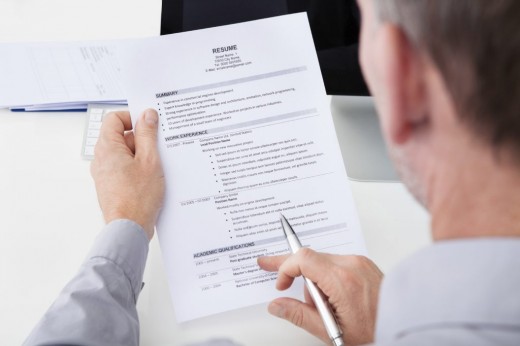
Formatting
Be Organized
I can't say this enough..."format is IMPORTANT!". How you organize your resume says just as much about you as its content. If you have a lot of great experience, but it's 9pt font and squished between the education and about me section, which is split into two columns of different fonts and sizes, it's just not going to work.
It's not about fitting tons of information into one page. Having organized content shows that you have a stable, organized, personality and that you know exactly who you are. A mess of jumbled information says that you're not sure what you're good at, who you are, or even what job you're applying for because you just dumped a bunch of words and maybe numbers on a paper.
It doesn't have to be fancy--just clean looking.
If you don't have an eye for aesthetics, go ahead and use a template. The reader won't know. The reader won't care. Just pick something simple and clean, that keeps your points organized under the appropriate section and makes sure that everything stands out by itself and isn't hidden or jumbled together.
Don't Get Fancy
One of the traps that people can fall into with resumes is to get TOO creative and fancy with the formatting. Especially if you're naturally a creative and artistic person, it's difficult to leave something you've worked so hard on dull and visually unappealing. But the resume is just to get you in the door of the corporation, and to do that, you have to follow business standards.
While there are always exceptions, most employers just want something that is easy to read and reference and remember. Don't distract them with colors, pictures, illustrations, or ... scented paper?
Templates
There are hundreds, maybe thousands of resume templates scattered throughout the internet. Many of them are even free! To find the most business-appropriate ones, try typing in keywords like: clean, minimalist, simple, or organized followed by resume template.
- 275 Free Microsoft Word Resume Templates | The Muse
275 Free Resume Templates that work in Microsoft Word. And they're ready for you to download.
Grammar
Don't ruin a great resume by forgetting to check it for spelling and grammar issues. It's not that hard, it doesn't take that long, and it can really save you some embarrassment. You can easily undo all the hard work you did writing and organizing the content on your resume if it's riddled with mistakes.
Make a good impression. Check your spelling and grammar. Enough Said!
Keep Copies
If you actually do get the job, you'll want to make sure you remember what it was you talked about in your cover letter and resume so that you can stay consistent during the interview. You'll also want to be able to look back and see which resume versions

